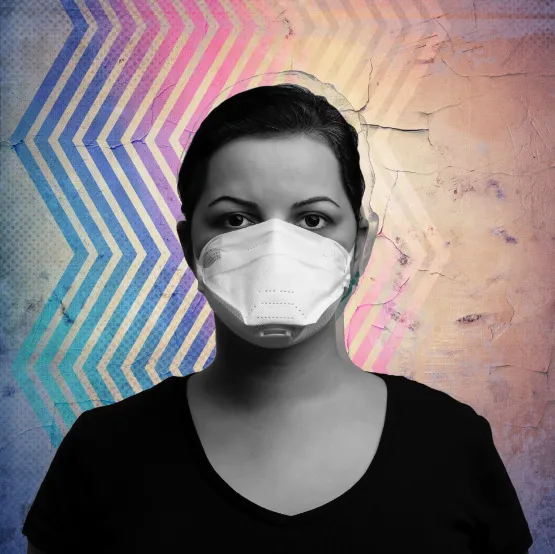The world is changing in ways we couldn’t have predicted. Although we’ve seen other illnesses like H1N1 and zika virus greatly impact society, this global pandemic has brought the world to a halt.
We’ve heard numerous stories about companies from designer brands to technology firms producing N95 masks, sanitizers and other cleaning materials. Companies in our industry are helping to flatten the curve in unique ways. As was mentioned in a recent SPEERbits episode, companies like Uber, Lyft and Airbnb are supplying free cleaning materials to their hosts and drivers.
This doesn’t mean that large corporations are doomed – adopting startup culture has become a priority for many of these giants in order to stay modern. From Air Canada to IBM, they’ve all been open to change and modernization. One major change for companies has been giving their employees the option to work remotely. Nowadays, some of the most successful companies are being run by remote teams known as ‘digital nomads’. Personally, this has allowed many of our team members at Speer to travel around the world while still accommodating for deadlines.
I have had many conversations with industry leaders, venture capitalists and other founders within the technology sector. All of these individuals have been focussed on innovation and pivoting their startups to help with the pandemic in some way. The majority of Canadian technology companies are trying to predict the future of our industry after this pandemic. They are wondering how every industry will evolve and are trying to build around that.
I spoke with Gary Kucher, the CIO of a venture capitalist firm in San Francisco who believes that COVID-19 will have a ripple effect within all industries. Human resources will shift to remote environments, and concerts and other outdoor events will be accessed with caution.
Studies have shown the psychological impacts of the 2008 financial crisis on society within North America. Many Americans experienced increased use of antidepressants, fear of making mistakes at work, layoffs and experiencing burnout throughout the recovery process. It left many individuals hoarding money and belongings in case of financial emergency. Startups are using this information to guide them and help them understand the granular ripple effect that this pandemic will cause.
While some are predicting a radical shift in the HR industry to a remote interviewing and hiring process, others are trying to automate their entire service chain through delivery. From groceries to gas for your car, tools are being built to automate this entire process to make it as agnostic as possible. Automation and AI technology is being used to limit human contact in other countries as well. For instance, China has been using drones to identify individuals going out in public without masks and South Korea has been using UV light in hospitals to disinfect equipment and beds.
Despite the potential for economic hardship, businesses and apps like Zoom, Microsoft Teams, Slack and GoToMeeting are thriving and have reported spikes in their usage. Private sector businesses and the government have also been developing applications to improve communication which we’re all working remotely. “The real question will be how much of this activity will convert to paid users over the short and long term,” JPMorgan’s Auty wrote to clients.
At the end of the day, the silver lining is how we will emerge from the pandemic.The world has taken a pause, which has given us the gift of slowing down and having time to pursue our passions. It has also given innovators a unique opportunity to think outside the box. As Peter Drucker once said, “if you want something new, you have to stop doing something old.”

